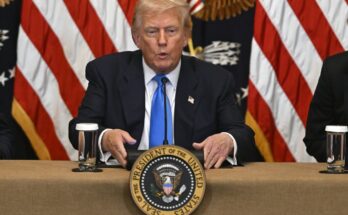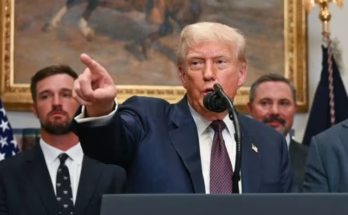In a political development sending shockwaves through Washington, tech billionaire Elon Musk is quietly preparing to back a Democratic presidential candidate in 2028 in what insiders say is a calculated move to confront the Republican Party, led by President Donald Trump. The move comes just months after Musk’s spectacular public fallout with Trump, a former ally who now threatens “serious consequences” should Musk cross party lines to finance opposition campaigns.
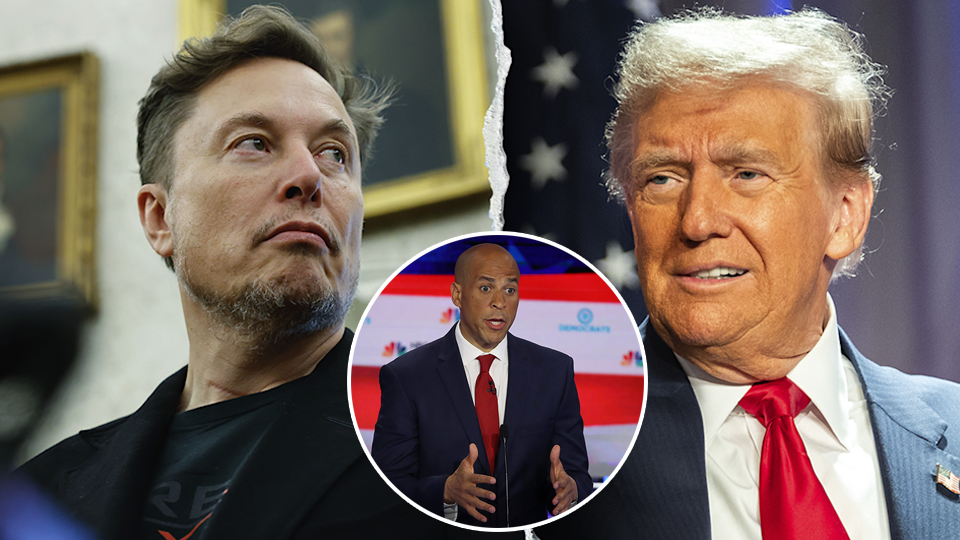
The billionaire’s brewing political pivot, however, is already dividing the Democratic Party. While some within the party see an opportunity to leverage Musk’s financial power and public influence against the GOP, others, particularly from the progressive wing, are urging caution about accepting money from the world’s richest man.
Senator Cory Booker of New Jersey was among the first to take a public stance against Musk’s potential involvement. Speaking on NBC’s Meet the Press on Sunday, Booker stated bluntly, “I would not accept money from Elon Musk for my campaign.” His comments followed reports that Musk was considering pouring millions into Democratic efforts to flip key battleground states and counter the influence of Trump’s MAGA base.
Yet even Booker acknowledged the unique moment that Musk’s defection from Trump’s orbit presents. Referring to the Republican-led budget bill that Musk has condemned as disastrous for average Americans, Booker said, “I would be supportive of anybody, including Elon Musk, putting resources forward right now to let more Americans know, sound the alarm, treat this like a Paul Revere moment.”
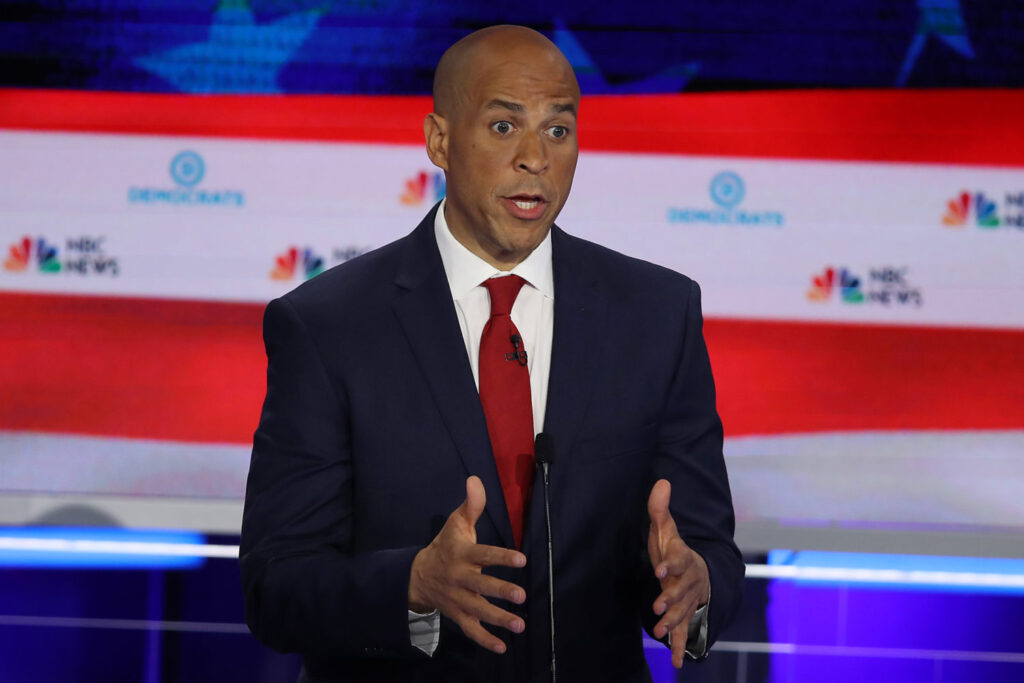
Booker’s nuanced stance underscores the strategic dilemma now facing the Democratic leadership. On one hand, Musk’s vast resources and social media megaphone could galvanize public opposition to Trump’s controversial policies.
On the other, openly embracing a billionaire long seen as aligned with rightwing interests risks alienating the party’s progressive base and reinforcing perceptions of oligarchic influence in American politics.
That tension was evident in remarks by Senator Bernie Sanders, who blasted Musk during an appearance on CNN’s State of the Union. “Over the years he has developed into a rightwing extremist,” Sanders said, pointing to Musk’s previous $270,000,000 contribution to Trump’s 2024 campaign.
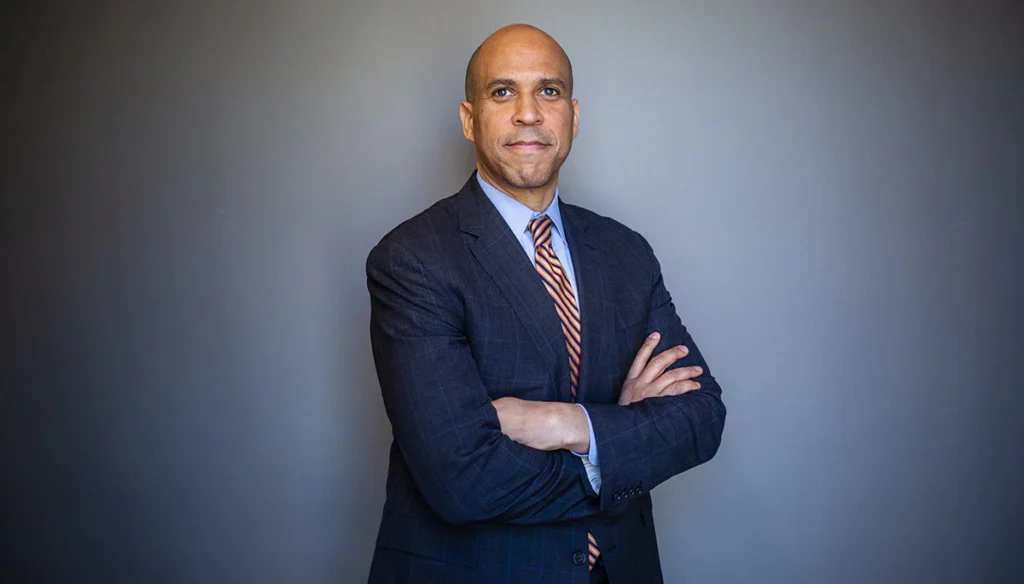
“This is a fight between oligarchs. It’s a fight about power among the few, and it’s really an embarrassment for those of us who believe in democracy and the rule of law.”
Sanders’ comments highlight the complicated history between Musk and the Democratic Party. While the Tesla and SpaceX CEO once described himself as a political moderate and even voted for Barack Obama in 2008, in recent years he has veered sharply toward the Republican Party, drawn by its promises of deregulation and space exploration support. His massive 2024 donation helped fuel Trump’s reelection victory and cemented a close alliance between the two men—until it all unraveled in recent weeks.

The rupture was triggered by Musk’s furious opposition to Trump’s signature “One Big Beautiful” budget proposal, a sprawling piece of legislation Musk labeled a “disgusting abomination” that would saddle the nation with unsustainable debt. The fallout became public when Musk posted on his social platform X: “In November next year, we fire all politicians who betrayed the American people,” a thinly veiled attack on Trump’s Republican allies in Congress.
In response, Trump lashed out on Saturday, warning that Musk would face “serious consequences” if he moved to back Democratic candidates in future elections. The threat has only heightened the stakes of Musk’s next political moves—and prompted speculation about which Democratic figure he might choose to support in 2028.Sources close to the situation suggest Musk is eyeing several potential candidates, though no formal commitments have been made. Among those reportedly on his radar is New Jersey Senator Cory Booker himself, though Booker’s refusal to accept Musk’s money may close that door. Other names floated by insiders include California Governor Gavin Newsom and Michigan Governor Gretchen Whitmer, both of whom have cultivated reputations as pragmatic progressives capable of building broad coalitions.
Congressman Ro Khanna of California, a vocal advocate of engaging Musk, revealed last week that he had discussed the possibility of Democratic collaboration with one of Musk’s senior confidants. “Having Elon speak out against the irrational tariff policy, against the deficit exploding Trump bill, and the anti-science and anti-immigrant agenda can help check Trump’s unconstitutional administration,” Khanna told Semafor.
“I look forward to Elon turning his fire against MAGA Republicans instead of Democrats in 2026.”Khanna, who has criticized his party for alienating Musk in the past, views the billionaire’s change of heart as an opportunity to reshape the political battlefield. Still, the congressman’s outreach to Musk has drawn criticism from leftwing Democrats who remain deeply skeptical of the billionaire’s motives.
Progressive leaders such as Representative Alexandria Ocasio-Cortez have long portrayed Musk as emblematic of the dangers of concentrated wealth in politics. In a recent post on X, Ocasio-Cortez warned, “Billionaires buying influence is a threat to democracy—no matter what party they support.”
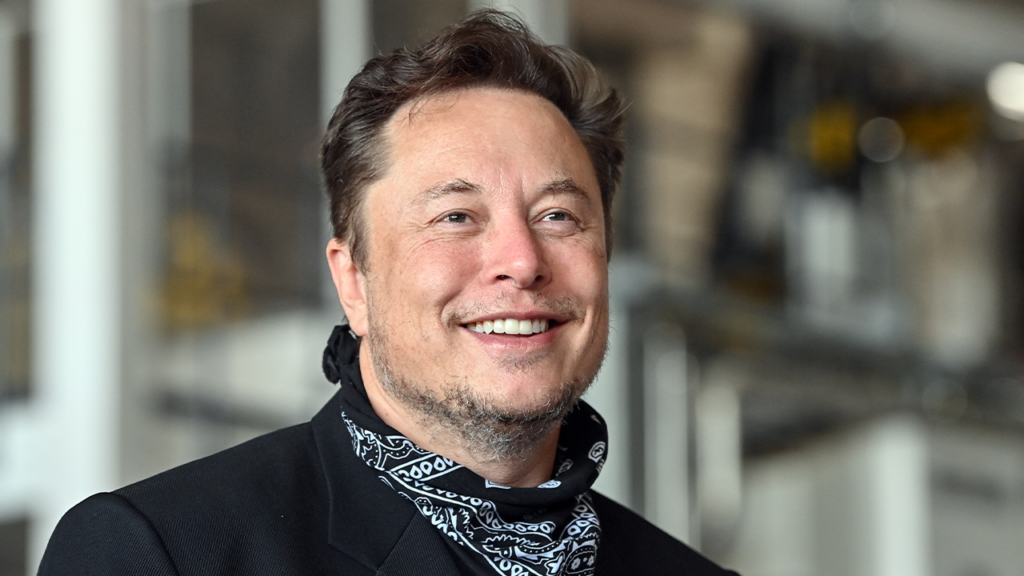
For Musk, the political calculus is evolving. Last month, he told a Bloomberg forum in Doha that he planned to scale back political donations after his bruising experience in the Trump administration, where he was tasked with slashing federal spending and eliminating thousands of government jobs. “In terms of political spending I’m going to do a lot less in the future,” Musk said. “I think I’ve done enough.”
Yet his fiery opposition to Trump’s budget bill has drawn him back into the political fray. By siding with Democrats on this key issue, Musk is positioning himself as an unlikely ally in their efforts to block Trump’s legislative agenda—and possibly defeat him at the ballot box in 2028.The path forward, however, is fraught with uncertainty. Booker was asked whether he agreed with Musk’s assessment of the Trump budget. “I agree that it’s going to saddle this country with trillions of dollars of debt, endanger our entire economy. This is a morally wrong bill. And it’s definitely, definitely an economically wrong bill as well.”
At the same time, Booker cautioned Musk against thinking that firing off incendiary tweets would suffice. “I welcome Elon Musk, not to my campaign. I welcome him right now, not to sit back and just fire off tweets, to get involved right now in a more substantive way and putting pressure on congresspeople and senators to not do this.”
As Democrats weigh how to navigate the political opportunity Musk presents, they must also grapple with the risks of association. Sanders, speaking for the progressive wing, warned that embracing Musk too readily could undermine the party’s credibility. “We are living, increasingly, in an oligarchic society,” Sanders said. “This is not the future we want.”
For Musk, the decision may ultimately come down to personal conviction. In recent days, he has signaled that his opposition to Trump’s policies transcends partisan politics. “This is not about right or left,” Musk wrote on X. “It’s about right or wrong.”
Whether the Democratic Party is willing—and able—to harness that message without compromising its values will be one of the defining questions of the 2028 campaign. One thing is clear: with Elon Musk now firmly opposed to Trump, the political landscape ahead looks more volatile than ever.
